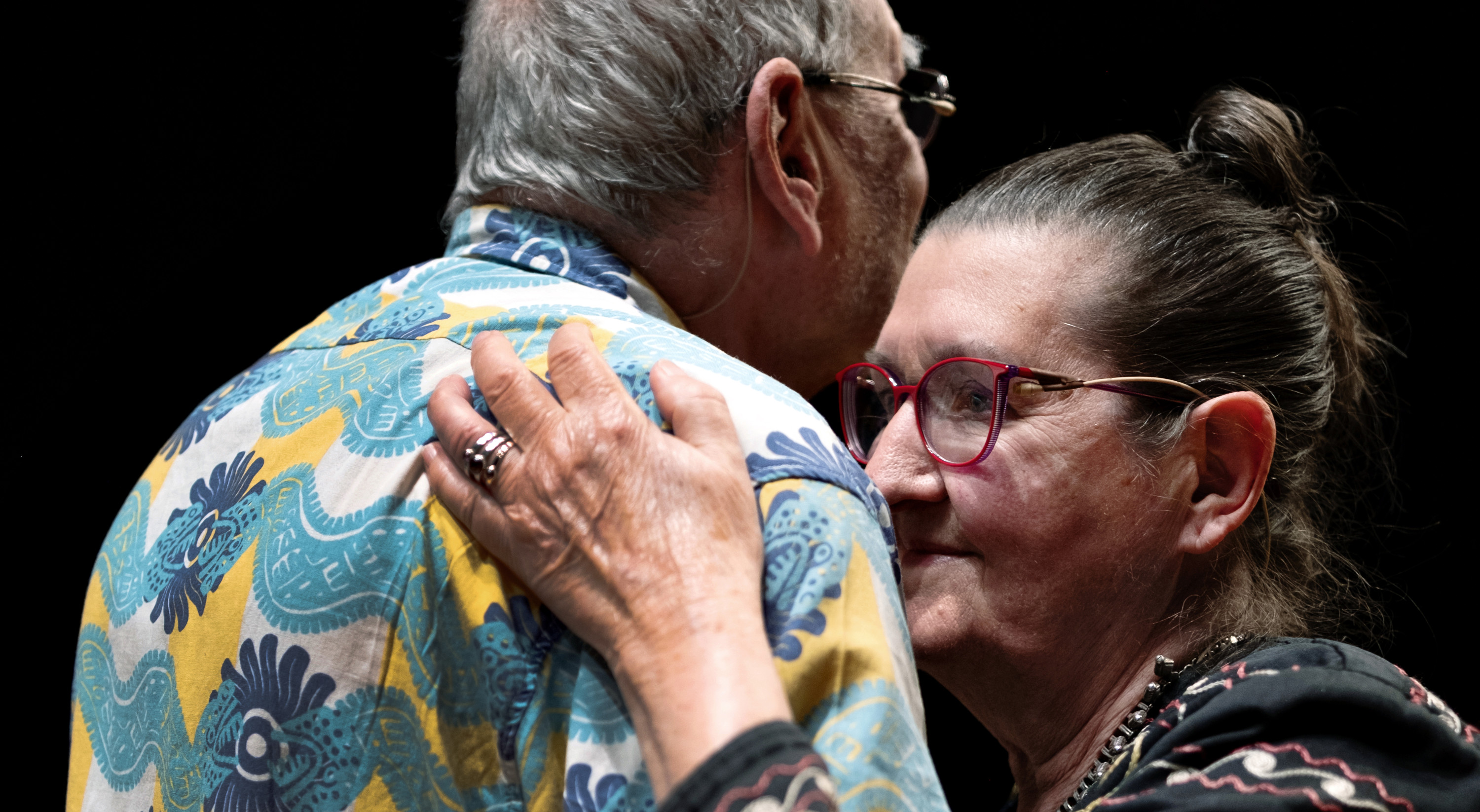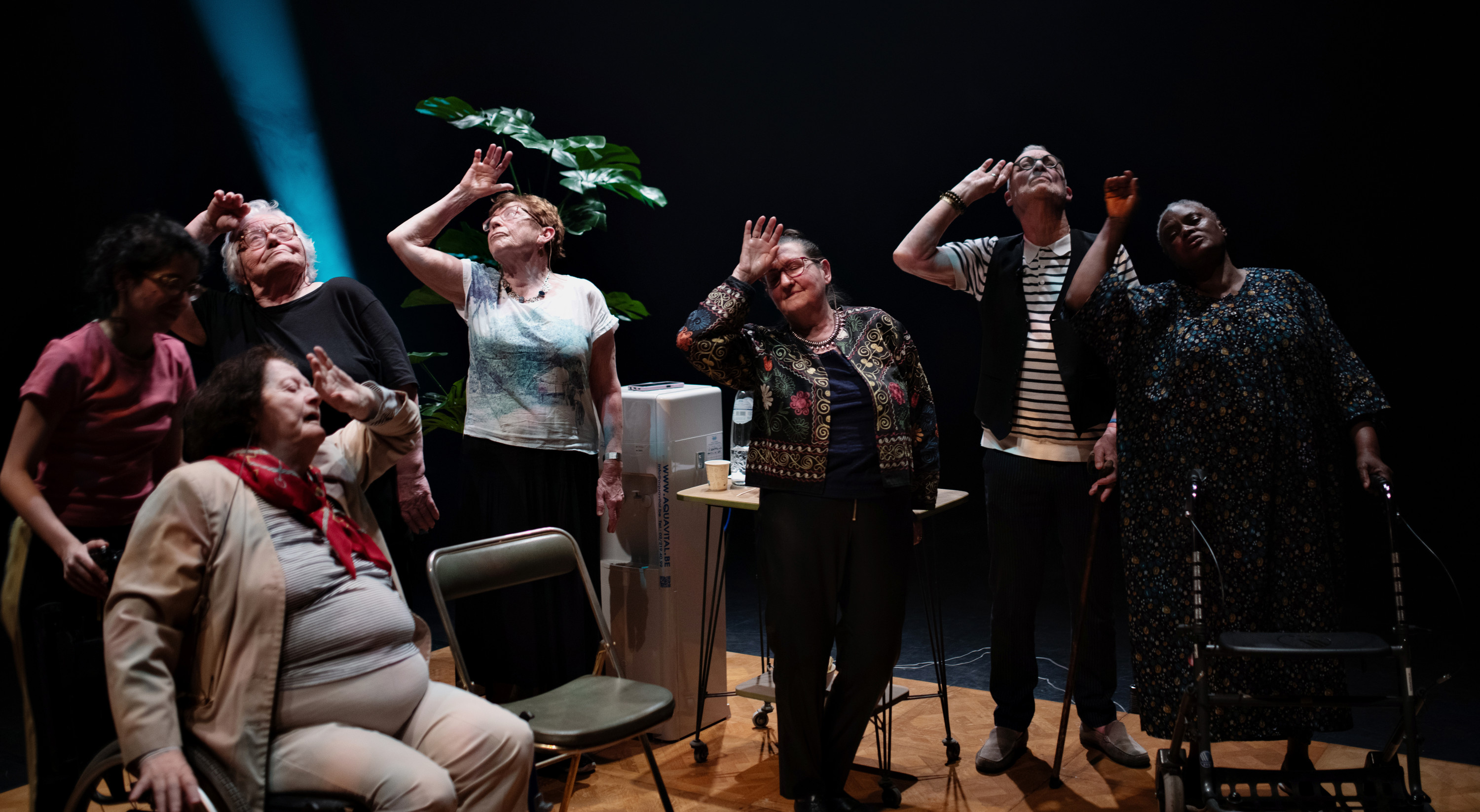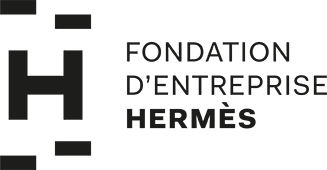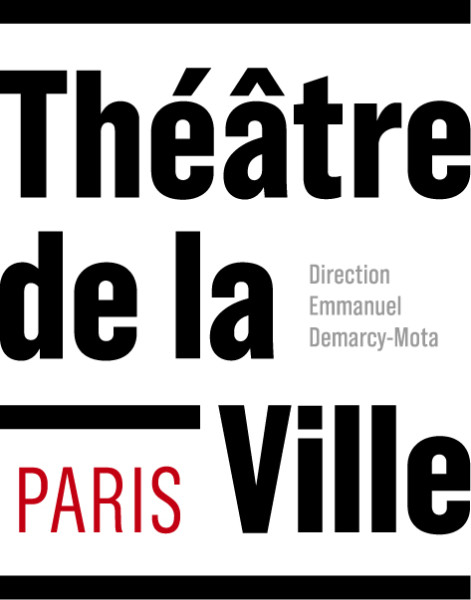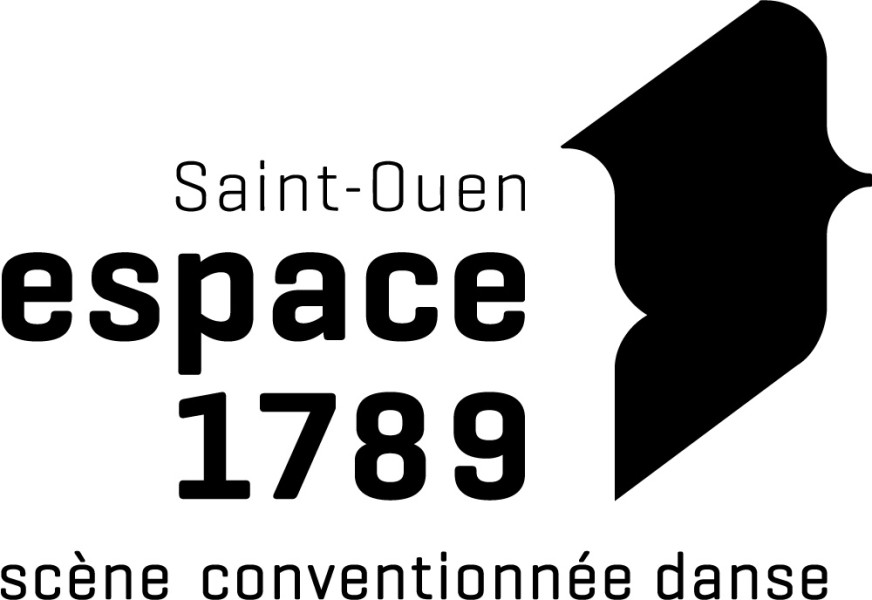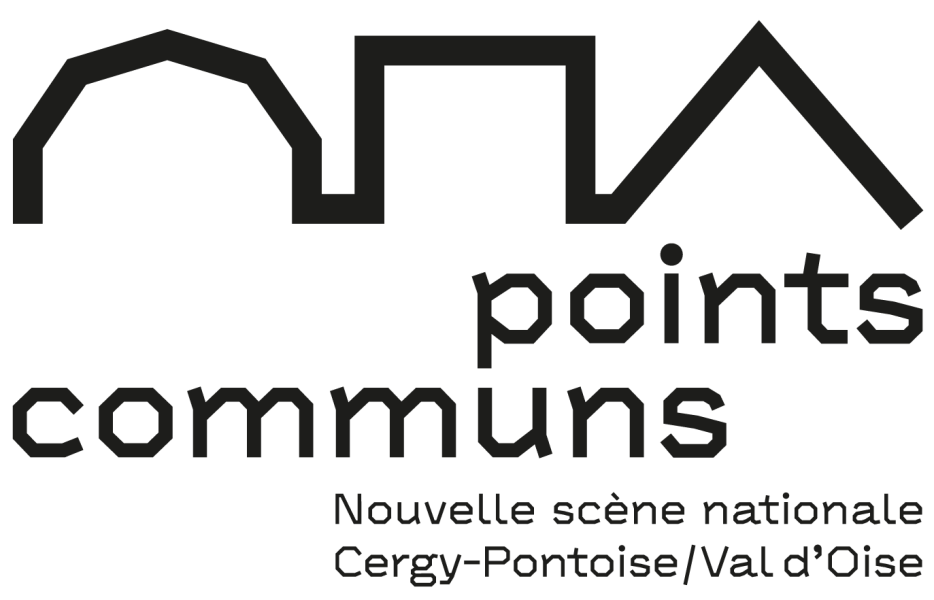Mohamed El Khatib
La vie secrète des vieux
septembersept 12 – 26
octoberoct 8 – 9
octoberoct 11
decemberdec 18 – 20
Conceived by Mohamed El Khatib. With, alternately and depending on their longevity Annie Boisdenghien, Micheline Boussaingault, Marie-Louise Carlier, Chille Deman, Martine Devries, Jean-Pierre Dupuy, Jacqueline Juin, Salimata Kamaté, Jean-Paul Sidolle, Yasmine Hadj Ali. Dramaturgy and artistic coordination Camille Nauffray. Scenography and artistic collaboration Fred Hocké. Video Emmanuel Manzano. Sound design Arnaud Léger. Stage management Jonathan Douchet. Production management Gil Paon. Tour coordination Vassia Chavaroche, Mathilde Chadeau. Press Nathalie Gasser.
Production Zirlib
Coproduction Festival d’Automne à Paris; Points communs – Nouvelle scène nationale de Cergy-Pontoise et du Val d’Oise; Théâtre National Wallonie-Bruxelles; Comédie de Genève; TnBA – Théâtre national de Bordeaux en Aquitaine; Théâtre national de Bretagne; Tandem Scène nationale; MC2: Grenoble Scène nationale; Comédie de Clermont-Ferrand – Scène nationale; Théâtre Garonne – Scène européenne; Festival d’Avignon ; Théâtre du Bois de l’Aune; Équinoxe – Scène nationale de Châteauroux; Théâtre de la Croix-Rousse; La Coursive – Scène nationale de La Rochelle; Espace 1789, scène conventionnée danse – Saint-Ouen; Théâtre de Saint-Quentin-en-Yvelines – Scène nationale; Le Channel, scène nationale de Calais
Residency Mucem; CIRCA – La Chartreuse
Zirlib is supported by the Drac Centre-Val de Loire - ministère de la Culture, the Centre-Val de Loire region and the City of Orléans.
Mohamed El Khatib is an associate artist of the Théâtre de la Ville-Paris, the Théâtre National de Bretagne, the Théâtre National Wallonie-Bruxelles and the TnBA - Théâtre national de Bordeaux en Aquitaine.
With the support of the Fondation d’entreprise Hermès
The Festival d’Automne à Paris is co-producer of this show and present it as a co-realisation with the Théâtre de la Ville-Paris.
Interview Mohamed El Khatib in the intimacy of the elderly
To listen to on France Culture
Mohamed El Khatib at the Ephad: Ieuv me tender
Read it on Mouvement
The dream night of Mohamed El Khatib
To listen to on France Culture
Mohamed El Khatib in Midis de culture
Listen on France Culture
Conversation Getting seniors' voices heard
Saturday 21 September at 6pm at the Théâtre de la Ville - Les Abbesses, a conversation with sociologist Didier Eribon and director Mohamed El Khatib, hosted by journalist and writer Laure Adler.
Book here!
Mohamed El Khatib furthers his passion for documentary theatre by tackling a subject that he brings from out of the shadows, namely that of eroticism and the love lives of “oldies”. Put together in a daring yet tender way, his new piece explores this theme from the perspective of desire, thereby going against the usual connotations associated with old age.
More often than not, we view old age through the prism of “withdrawal”: the dimming of the senses, the onset of different forms of handicap, and the gradual "de-generation" of the body. Driven by a deep conviction that our elders have much "to bring" and can "re-generate", Mohamed El Khatib explores the sphere of eroticism in their lives. The announcement of the show as one with a cast of around ten people "depending on their longevity" sets the show's humorous tone. This, of course, is only made possible via the relationship of trust that has been built up between the artist and the performers. The leitmotifs of the author-director are, amongst others, to give real people access to the stage, and to write for them, considering them not as amateurs, but as experts in their field. He seeks to make their own words dance on the fine border between reality and fiction. This new work constitutes a light-filled clearing in the middle of a forest of taboos, pitfalls and ways of thinking inherited from the past. It conjures up a magnificent landscape of love amongst the elderly. Beneath the effrontery and deep issues it tackles, an authentic, free spoken word gently flows. It is a sumptuous tribute to the inventiveness of sensuality.
See also
In the same place
